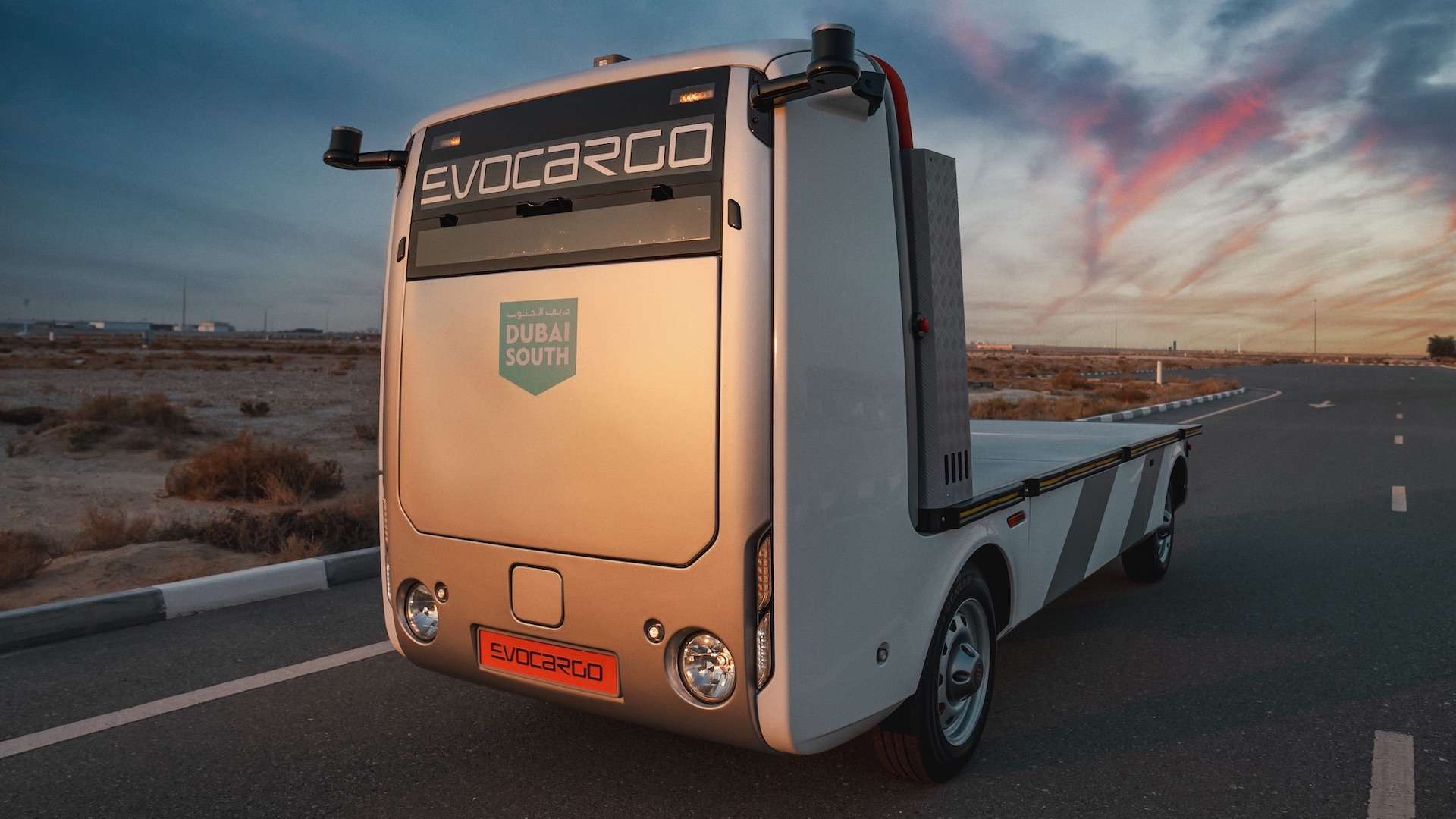Dubai South today signed a memorandum of understanding (MoU) with Evocargo for the launch of the UAE’s first autonomous vehicle trials for cargo in its Logistics District, as part of Dubai’s drive to become a smart mobility hub. EVO.1, the company’s unmanned electric logistics vehicle, is set to drive through Dubai South’s Logistics District between December 2022 and February 2023 as part of the trial.

In terms of freight capacity and connectivity, Dubai serves as one of the most significant global logistics hubs in the world. By improving the technology for electric trucks and driverless trucks in the region, the city will be able to further reduce its carbon footprint and cement its reputation as a green city.
There are many initiatives that have been launched by cities and countries that are solely focused on the development of self-driving private vehicles, but Dubai’s Self-Driving Transport Strategy is multimodal and it targets all seven modes of public transportation, such as metros, trams, buses, taxis, marine transport, cable cars, and shuttle buses.
As a result of this strategy being fully implemented, the transportation sector will be able to save 44 percent or AED900 million in transportation costs. This is in addition to AED1.5 billion in environmental pollution reduction, as well as AED18 billion in enhancing the efficiency of the sector by 20 percent.
There is a lifting capacity of 2 tonnes for the driverless platform, and it can handle up to six EUR-pallets moving at a speed of 25 km per hour for a distance of 200 km. Depending on the outlet, charging a vehicle for a full day can take 40 minutes to six hours. On the EVO.1 platform, there are four layers of security: computer vision, automatic diagnostics, remote stopping, and pneumatic standby braking.
Through EVO.1’s automated pilot systems, fleet management can increase freight transportation efficiency while reducing truck downtime. Energy efficiency is achieved through robotics and by using hydrogen fuel cells and electricity instead of conventional fuel.
The inventions and technologies of Evocargo are protected by 37 patents. In addition to algorithms for visual positioning, automatic mapping, the calibration and integration of sensors and cameras, as well as methods for selecting safety speeds, Evocargo’s patents deal with parameters for dynamic models as well.

